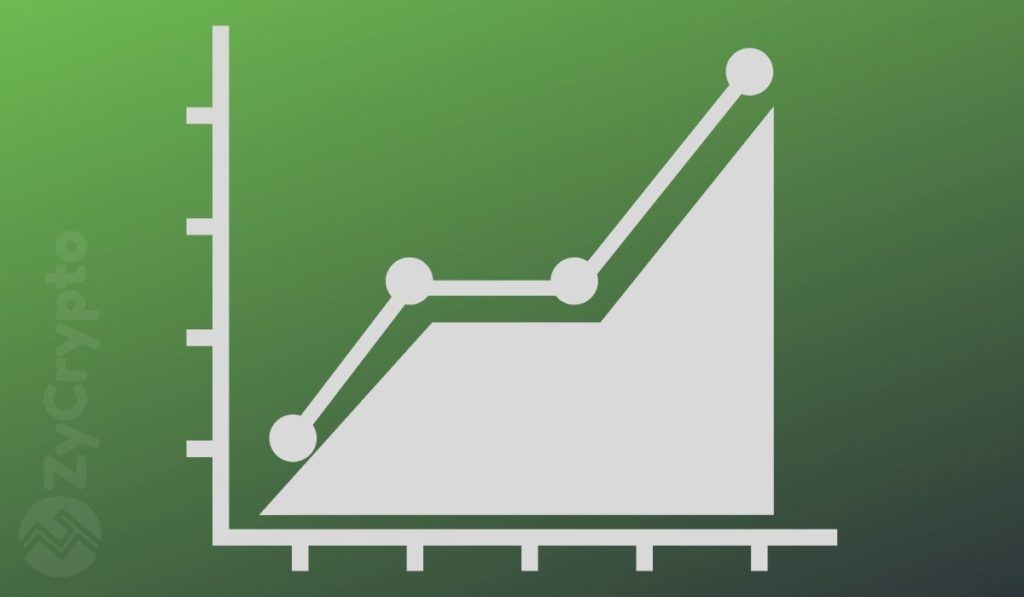2021-5-7 20:01 |
Multinational banking services provider ING bank has lent its voice in the ongoing debate surrounding decentralized (DeFi) and centralized finance (CeFi).
In a detailed whitepaper published on its website, the Amsterdam-based financial institution expounded on the pros and cons surrounding DeFi and how centralized finance could help institute a new economic system.
Collaboration Between DeFi and CeFi Beneficial For Global FinanceThe paper titled “Lessons Learned from Decentralized Finance (DeFi)” opens by admitting the radical change decentralized finance (DeFi) has brought into the financial space.
Noting that DeFi aims to replace intermediaries with automated digital smart contracts, ING argues that negative opinions surrounding the emerging technology paint it as a foe rather than an ally.
In the 22-paged document, the European financial powerhouse noted that CeFi could help address DeFi’s area of weakness, pointing out know-your-customer (KYC) protocol.
It concluded by saying that if both entities collaborate, this could see the best of both worlds coming together to birth a new financial order.
Speaking on the document, ING’s blockchain lead Herve Francois argues that DeFi could substantially be more disruptive for the finance sector than Bitcoin has been.
Decentralized finance (DeFi) follows on the back of Bitcoin’s decentralization ethos of 2008. This nascent industry has grown exponentially in the last four years, with the largest DeFi facilitator Ethereum, boasting over $76 billion worth of assets under management (AUM) single-handedly.
The booming crypto market has seen other decentralized protocols springing up, with many providing legacy-backed services for a fraction of the cost.
Legacy Institutions Could Help DeFiPointing to some of the key takeaways from its study of the DeFi ecosystem, ING noted that counterparty risk is replaced with technical risk in the purely digital form of financial services.
The paper highlighted eight key features of the DeFi ecosystem that makes it rise above the current financial system naming composability, flexibility, decentralization, accessibility, innovation, and three other points.
The borderlessness that comes naturally to DeFi is a major plus, given that conventional financial institutions spend so much time and resources complying with local laws of countries they branch out to.
However, ignoring anti-money laundering (AML) and KYC requirements were the weak feet of DeFi, and this is an important area centralized finance could come in.
Using DeFi lender Aave as a case study, ING said that this disruptive technology had more accuracy, transparency, and speed than its centralized counterparts. However, it agreed that the novelty of the protocol came with inherent technical risks.
The post ING Report: How Blockchain & DeFi Will Change The Financial Landscape first appeared on BitcoinExchangeGuide. origin »Bitcoin price in Telegram @btc_price_every_hour
Defi (DEFI) íà Currencies.ru
|
|




